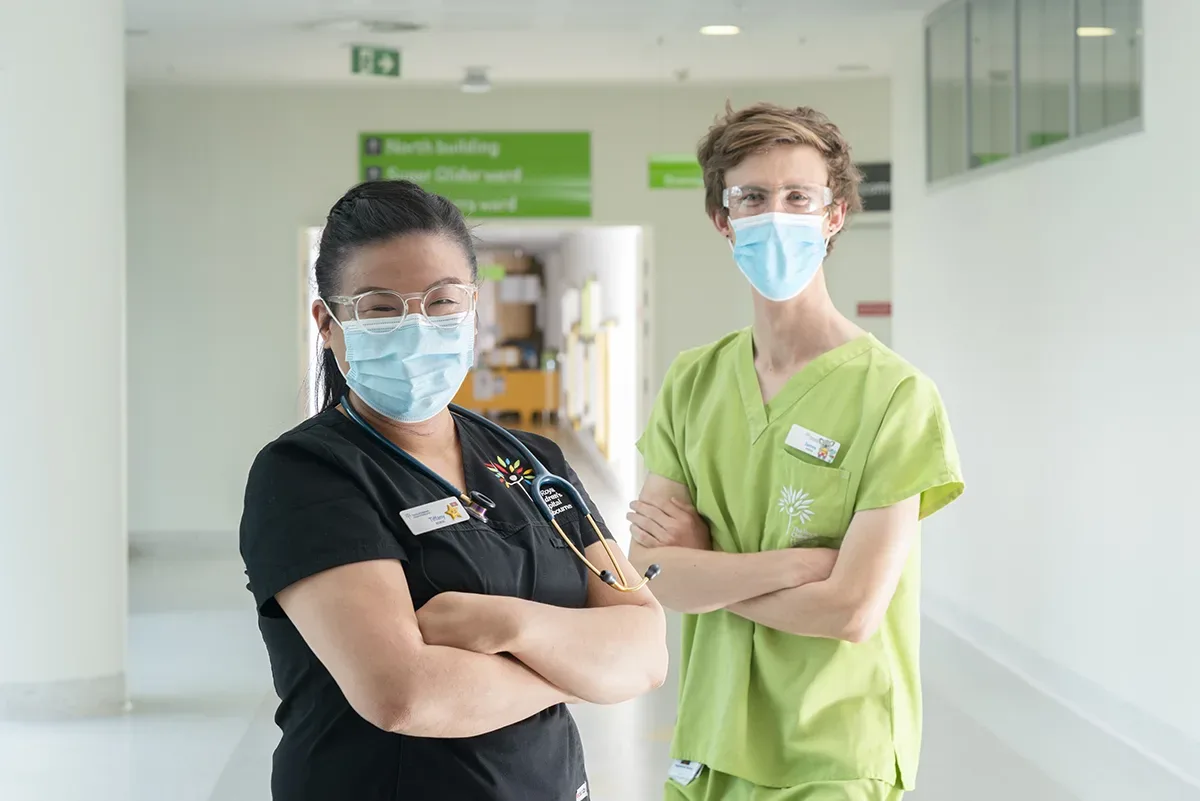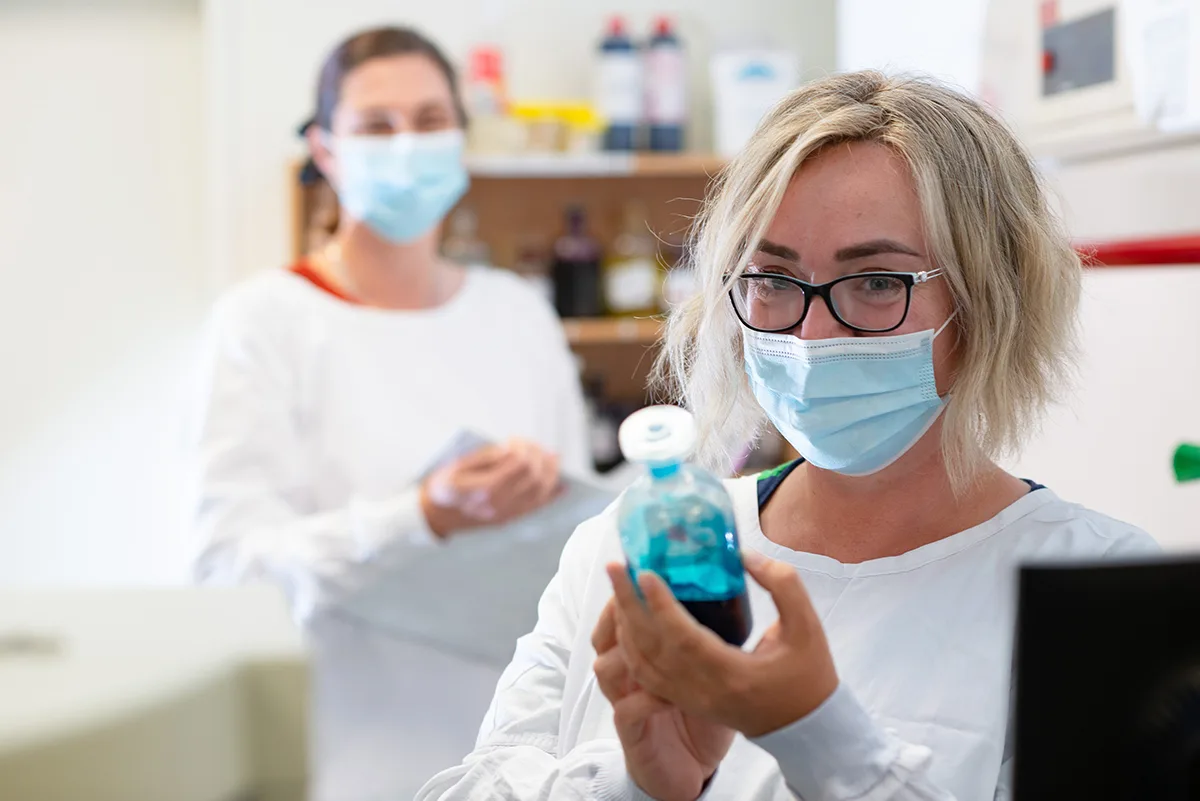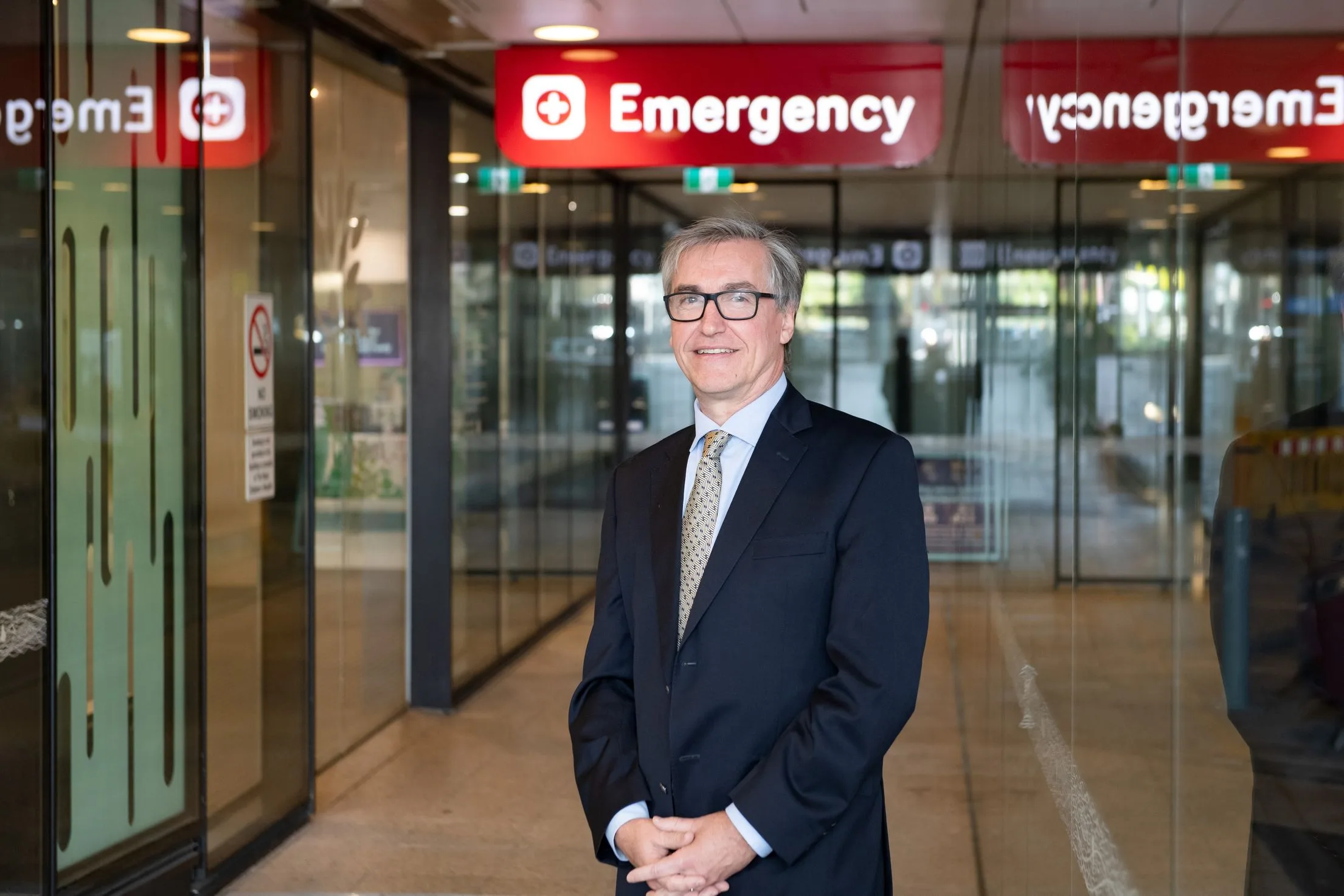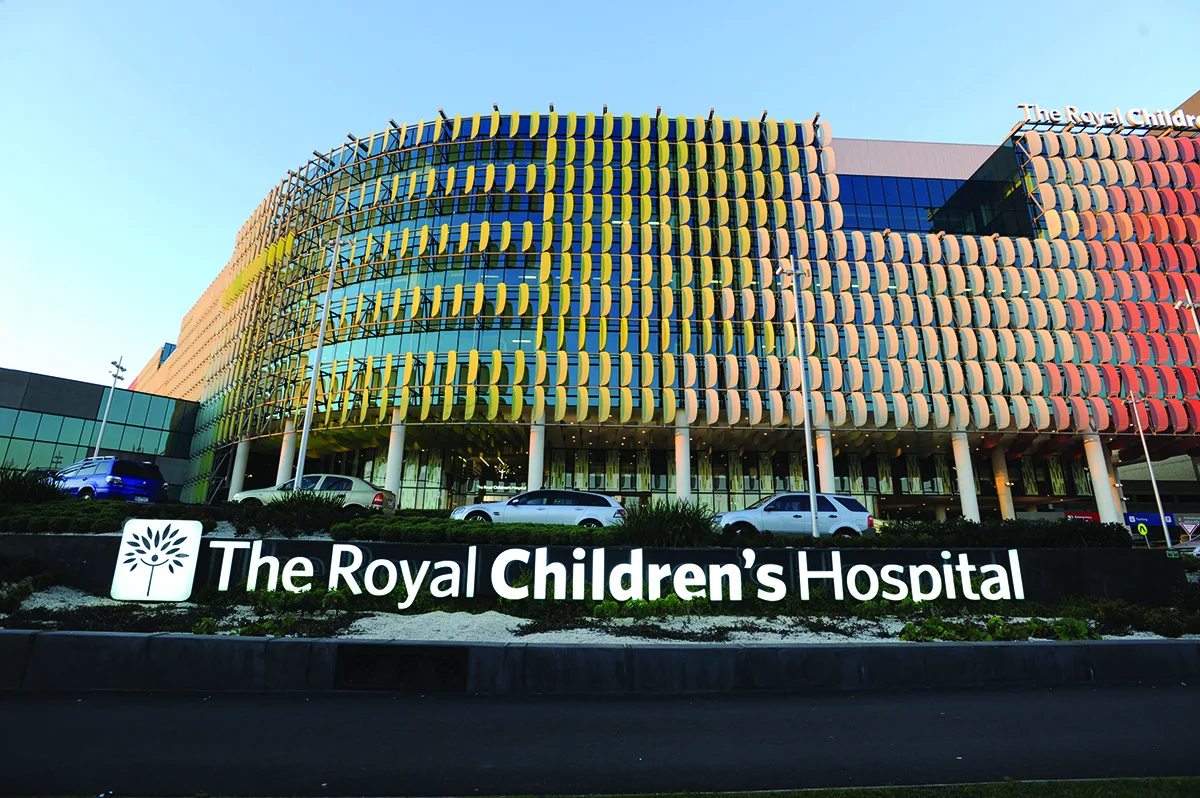
Implementing a Vascular Access Specialist Team at the RCH
Thanks to the generosity of Run for the Kids and the Good Friday Appeal (GFA), children receiving care at the RCH will be supported by a team of highly skilled nurses, specialised in the insertion of peripheral intravenous catheters (PIVCs).
Thanks to the generosity of the Good Friday Appeal and its supporters, children receiving care at The Royal Children’s Hospital (RCH) will soon have an expert team of specialist nurses providing support with the insertion of peripheral intravenous catheters (PIVCs).
Eloise Borello, a Clinical Nurse Consultant who specialises in vascular access, said the Vascular Access Specialist Team (VAST) will make an enormous difference in the quality of care patients receive.
“PIVCs, which are more commonly known as cannulas or drips, are used to deliver lifesaving medications and fluids to our patients,” Eloise said.
“Many children who present to the RCH often require urgent medical treatment, and the fastest way to administer the medications and fluids they so vitally need is through a PIVC.
“While PIVCs are common, it can be challenging to insert these devices in children as they have smaller, more fragile veins which are often difficult to see. This becomes even more difficult in critically unwell children. No child likes to have a needle inserted, and young children can become very scared and distressed when they need a cannula.
“For some of our patients, the trauma of their first PIVC insertion can leave a lasting impact, causing high levels of anxiety and fear. Routine assessments or even simple checks, such as looking at the site, can become distressing triggers for children and young people.
“We know inserting a cannula is one of the scariest procedures for children in hospital. Children and families have told us that the memories of a bad experience can last many years which can impact care in and out of the hospital. We are committed to reducing pain, anxiety and trauma that can be associated with PIVC insertion.”
The VAST will work closely with patients, families, and clinical teams to improve this experience, enhance staff education, and create a patient-centred approach to inserting PIVCs.
“The ultimate goal of the VAST is to create the best experience possible for children and their families,”
By ensuring a best-practice approach to PIVC insertion, including the use of advanced technology like ultrasound-guided insertion, by a team of highly skilled clinicians who are experts in the field, the RCH will be at the forefront of care for children and families.
While ultrasound guidance is proven to be the best technique to insert PIVCs, its uptake has not been widespread across most Australian healthcare settings because it takes clinicians months of training and experience to develop the advanced ultrasound skills required.
The new ultrasound machines, also supported by the Good Friday Appeal and its partners, will be instrumental in allowing clinicians to use ultrasound guidance routinely for PIVC insertion, which is key to the successful outcomes of this treatment.
“Growing a team of nursing experts skilled in the advanced ultrasound techniques will provide children who need this treatment with the best opportunity of having a successful insertion of the PIVC on the first attempt, drastically improving their experience,” said Eloise.
Committed to revolutionising paediatric care, the VAST brings together a group of expert clinicians equipped with advanced knowledge and skills in vascular access.
Recognising the challenges and trauma faced by young patients, the VAST is dedicated to improving expertise, reducing complications, enhancing staff education, and championing a patient-centred approach to PIVC insertion.
Importantly, the impact of the VAST will reach beyond the four walls of the RCH.
“Our goal is to create a service that includes a team of expert PIVC inserters and educators who will mentor and train junior doctors and nurses in best practice in PIVC insertion. As these clinicians rotate to different hospitals as part of their training, the skills they have developed will benefit children across Australia,” Eloise said.
“We will also share our learnings around service design, data and outcomes. This collaboration will expand on the existing relationships the RCH has with our national colleagues and will ensure we cultivate a community of practice where ideas and learnings can be shared, and where implementation of best practice PIVC insertion is spread to all states.
The introduction of VAST at the RCH will be a turning point for paediatric healthcare in Australia, something that Eloise knows would not be possible without the generosity of the Good Friday Appeal and its supporters.
“We’re so grateful for the community in making this project possible. For our team, receiving this support represents how our community shares a vision that values improving the hospital experience for sick children across Victoria and Australia.
“Your generosity allows us to innovate and develop a service which will be an Australian first in paediatric healthcare, and for that I would like to say thank you,” Eloise said.






